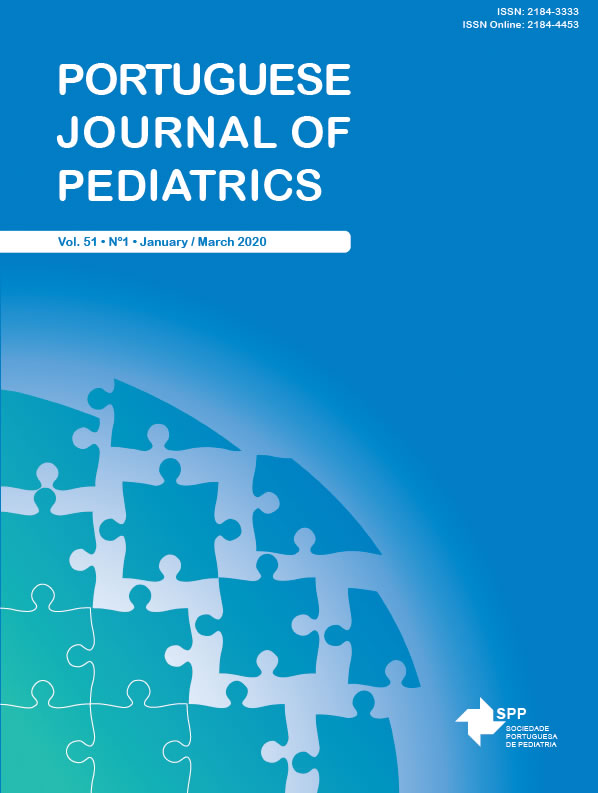Which Factors Influence Prognosis in Congenital Solitary Functioning Kidney?
Date of submission: 09-01-2019 | Date of acceptance: 03-09-2019 | Published: 27-01-2020
Abstract
Introduction: Premature, low birthweight, and small for gestational age newborns may have low nephron endowment at birth. When associated with solitary functioning kidney, especially if other congenital anomalies of kidney and urinary tract or urinary tract infections are present, it can negatively influence the prognosis. This study aims to identify factors that can influence renal outcome in children with congenital solitary functioning kidney.
Methods: Retrospective analysis including children with congenital solitary functioning kidney presented in a pediatric nephrology unit of a tertiary Portuguese center from 2012 to 2017. Renal injury defined as hypertension,albuminuria, moderately impaired glomerular filtration rate, and/or use of renoprotective medication.
Results: We identified 147 children with congenital solitary functioning kidney (62.7% with multicystic dysplasia), three quarters had prenatal diagnosis. Prematurity, low birthweight, small for gestational age, and other congenital anomalies of the remaining kidney/ipsilateral urinary tract were present in 14.3%, 13.6%, 19%, and 14.3%, respectively. Approximately half met the criteria for renal injury. A significant association was established between urinary tract infection and severely impaired estimated glomerular filtration rate (p = 0.007) as well as between other congenital anomalies of kidney and urinary tract and hypertension (p = 0.01), moderately impaired estimated glomerular filtration rate (p = 0.01) and albuminuria (p = 0.001). The only independent factor for renal injury was the presence of congenital anomalies in the remaining kidney/ipsilateral urinary tract (odds ratio 16.7, p = 0.007). No significant association was found between perinatal factors and signs of renal injury.
Discussion: Congenital solitary functioning kidney is not a harmless condition, as described in recent decades, and early and lifelong follow-up is needed. Urinary tract infection and coexistence of other anomalies of the remaining kidney and/or ipsilateral urinary tract are related to worse outcome.









